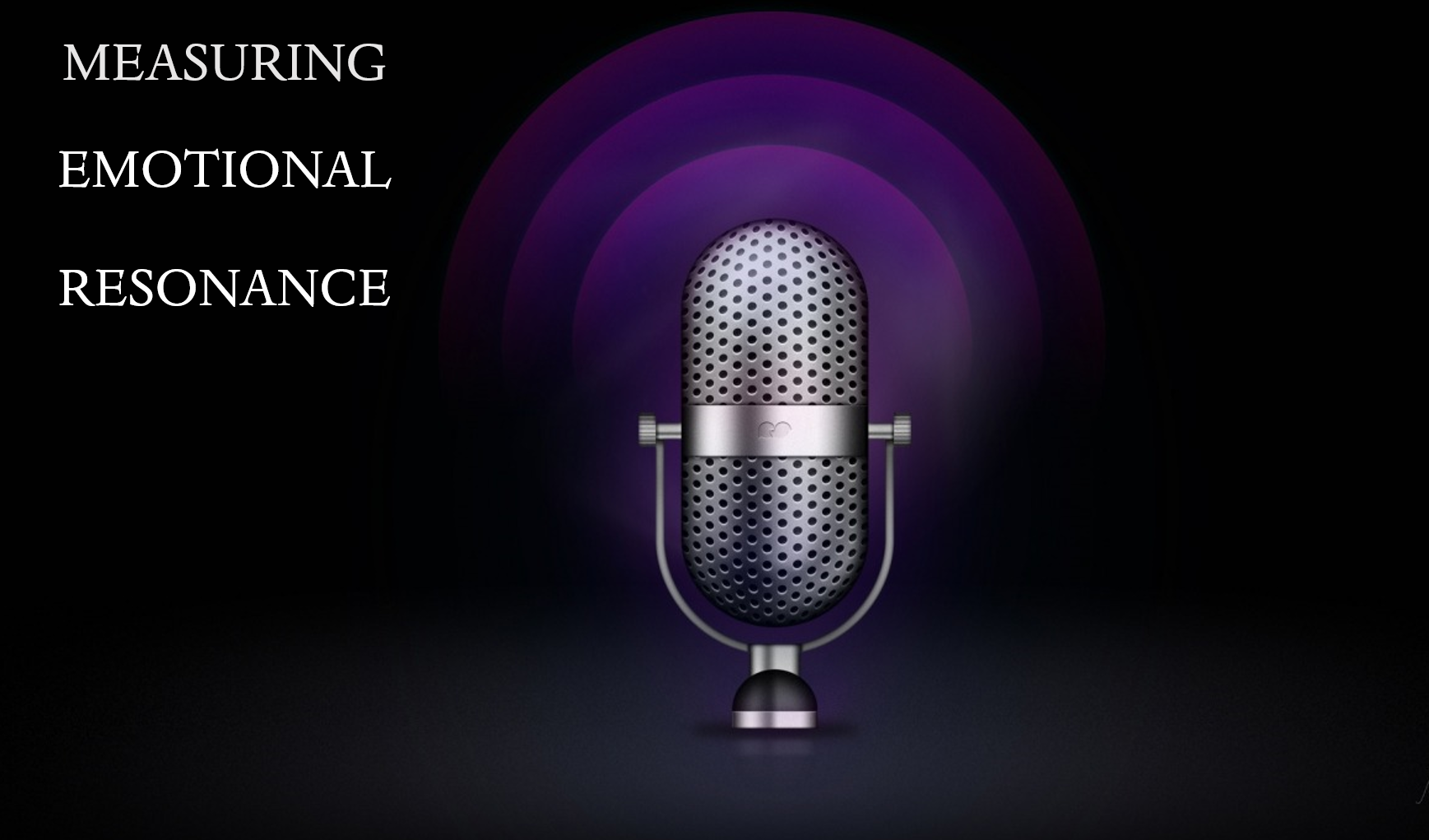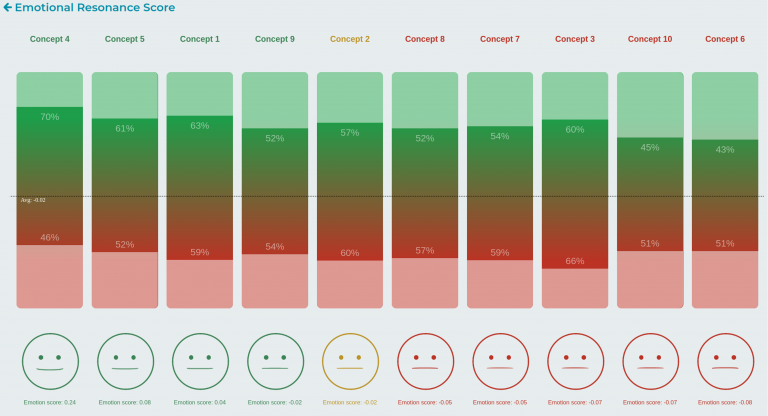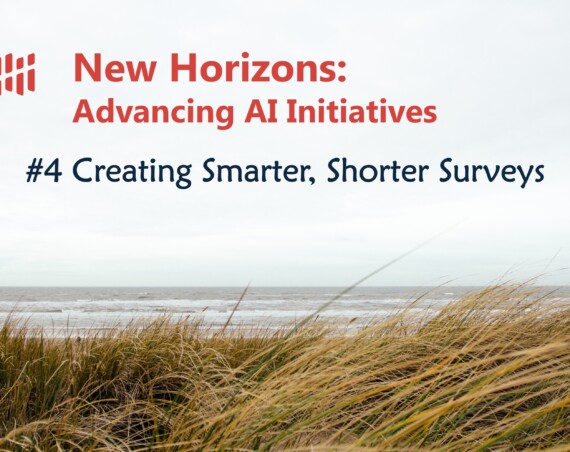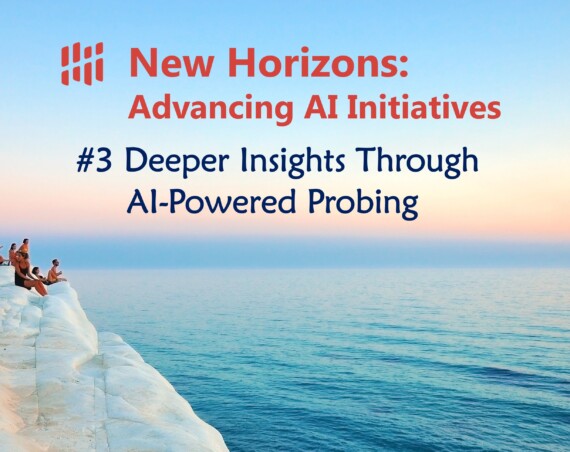
Askia’s technology partner Phebi has added new ways to quickly and easily get insights from the non-conscious aspects of speech in surveys.
Phebi is the creator of an innovative market research solution that uses voice tech, artificial intelligence (AI), and natural language processing (NLP) to generate insights from the analysis of speech. The technology is the first product to win both innovation awards in the same year from IIeX and the UK Market Research Society. The solution is an easy, affordable, DIY add-on to the Askia platform. It collects voice responses to surveys, transcribes and analyzes the responses, and enables researchers to quickly tell the story in the data. It also analyzes audio files from long-form sources.
They have launched their Emotional Resonance Score™ (ERS) and other new software features and enhancements.
‘Especially now, health and market researchers are under increased pressure to quickly find valuable new insights,’ said Mike Page, Phebi’s Co-founder and CEO. ‘That’s why we’re excited about our new Emotional Resonance Score. The ERS enables researchers to quickly gain a deeper understanding of people’s engagement with, and preference among, concepts, products, and services by automatically summarizing people’s nonconscious emotional reactions.’
Page continued, ‘Over 35% of how we communicate is in the way we say things, not just what we say. Phebi detects emotion in people’s voices and makes it easy for researchers to quickly get valid insights that they can’t get any other way. With the ERS we apply research-based methods every three seconds to reliably quantify favourable and unfavourable nonconscious reactions in a way that’s valuable to researchers, even when their studies include people who speak different languages.’

Phebi’s software now includes the ERS Scorecard, a visualization that compares emotional responses – for a study’s population and by subgroup – across a set of product concepts, advertisements, political candidates, or other comparable items. Page said, ‘With the ERS Scorecard researchers can easily see a study’s winners and losers based on nonconscious responses and quickly deliver important new insights.’
Phebi today also announced the general availability of other new capabilities, all of which have been proven on projects with some of the leading agencies and brands that are Phebi clients:
- The Peak Emotion Finder makes it easy for researchers to identify which sections of, or across, responses have scored high for each type of emotion – calm, happy, sad, etc.
- ‘3D’ Transcription displays the words people used, the associated nonconscious emotion, and the time within the response. Researchers simply highlight sections to see scores.
- Automatic tagging uses NLP to quickly identify topics of potential interest to researchers across responses and to assign tags to responses.
- Custom reports and visualizations may now be co-created with Phebi to provide effective summaries and saved as templates to be used across studies.
- BYO vocabularies enable clients to improve transcription and sentiment analysis by providing industry-specific vocabularies, e.g., in medical studies Phebi ‘hears’ ‘IV’ not ‘ivy.’
- Scatterplots of emotion and sentiment reveal where words and emotions aren’t aligned by visualizing the difference between conscious word choices and nonconscious emotions.
If you would like more information about adding Phebi to your Askia surveys then contact your Askia account manager.
Feature image courtesy of DesktopNexus

